However, in order to reach the desperate out-of-school children, he has to step on big toes in his host Parish. He must also confront Shuga, the dangerous Makoko kingpin who has the street boys locked in criminal servitude.
Drawing inspiration from St. John Bosco and the Salesian missionaries, Fr. Michael must put everything, including his own personal safety, on the line in order to set up The Oratory and find his life's purpose in a strange and precarious environment.

Credit: Fr. Cyril Odia, SDB/Dublin
The Salesians, a congregation that St. Don Bosco founded, arrived in Algeria in Northern Africa in 1891. In 1893, the Daughters of Mary Help of Christians (FMA – Salesian Sisters) also started their apostolate in Africa with a center in Algeria.
(Story continues below)
Today, in the Africa-Madagascar region, there are three Provinces and 10 Vice Provinces of the Religious Missionary Institute, five Catholic SDB Bishops, 1,721 professed members and 155 novices of the Congregation in some 40 African countries.
Fr. Cyril told ACI Africa that the theological aspect of the film is based on the Salesian spirituality of mission to the youth.
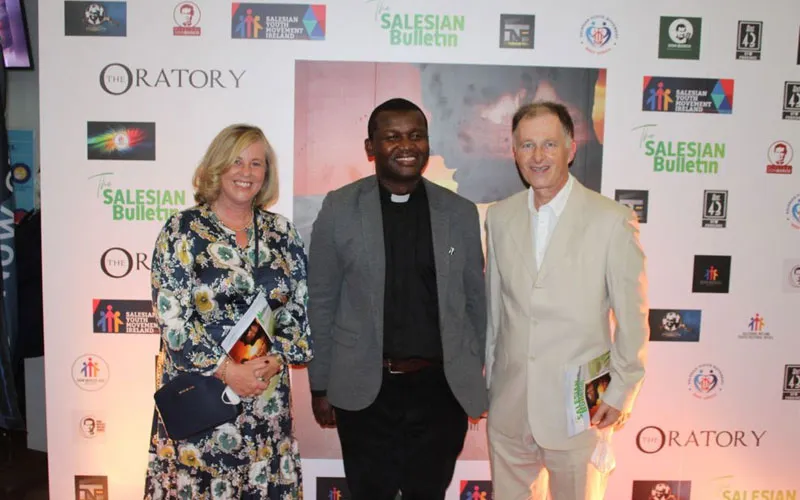 Credit: Fr. Cyril Odia, SDB/Dublin
Credit: Fr. Cyril Odia, SDB/Dublin
“Being a pastoral theologian, Fr. Cyril presents an African inculturation of the Salesian charism in a local context,” the Salesian Priest said of himself, and added, “The collaboration with the Vatican as one of the locations for the movie keeps the universal background of the Catholic mission, but immediately focuses on an African present day reality of young people in poor and dangerous situations in Lagos, one of the most populous cities in Africa.”
The film is produced and directed by the Nigerian director, Obi Emelonye with Rich Lowe Ikenna in the leading role.
Made in English, Italian, Latin, and Nigerian Pidgin, the film that was shot in Rome, Turin, Atlanta, and Lagos runs for one hour and 27 minutes.
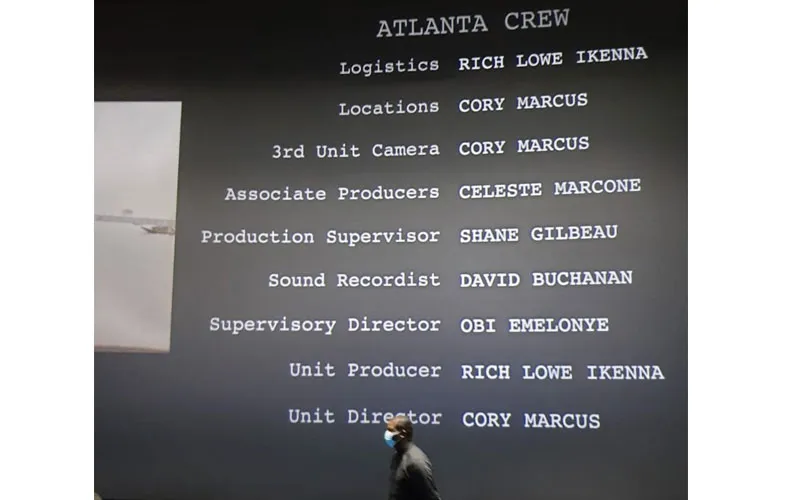 Credit: Fr. Cyril Odia, SDB/Dublin
Credit: Fr. Cyril Odia, SDB/Dublin
It is the brainchild of Fr. Cyril, the current Rector of St Catherine's, the Salesian House of Theology, Maynooth University in the Archdiocese of Dublin, Ireland.
In the interview with ACI Africa, Fr. Cyril noted that the film, the first Catholic movie from Nigeria on global cinema, introduces the Nollywood movie franchise in a new dimension that has been long awaited.
This culture, he said, is expected to grow into Catholic media ministry keeping with best practice in the sector and the opportunities it offers for catechesis, youth employment and investment possibilities.
Fr. Cyril, a pastoral theologian and qualified spiritual director, is the youth pastoral delegate for the Salesians in Ireland and chaplain of Maynooth Educational Campus.
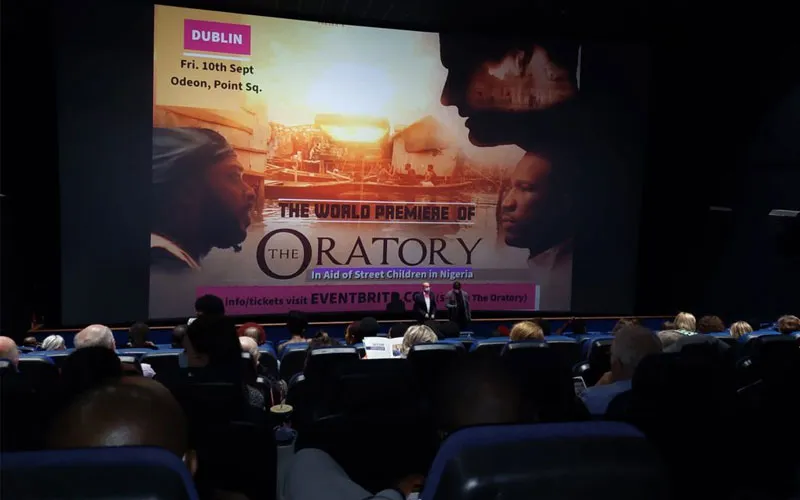 Credit: Fr. Cyril Odia, SDB/Dublin
Credit: Fr. Cyril Odia, SDB/Dublin
He holds a Master’s degree in Leadership and Pastoral Care from Dublin City University, and a doctorate in Theology and Religious Education from Mary Immaculate College, University of Limerick.
The Nigerian Priest is a musician and the author of a book on Christian Religion curriculum and Pastoral Theology in Secondary Schools.
In 2009, Fr. Cyril established the Don Bosco FM radio station in Tonj Parish of South Sudan’s Rumbek Diocese as part of the Sudan Catholic Radio Network (CRN) and the Don Bosco Nigeria Youth Online radio.
Fr. Cyril has also served as Salesian Youth Director for Nigeria, Sudan and South Sudan, and the Youth Chaplain of the Catholic Diocese of Rumbek.
Agenzia Info Salesiana reports that the film’s premiere in Dublin was attended by 200 people, the maximum number allowed due to the pandemic-related restrictions, and included Salesians, friends and many Nigerians residing in Ireland, as well as the Apostolic Nuncio in Ireland Archbishop Jude Thaddeus Okolo who is a native of Nigeria.
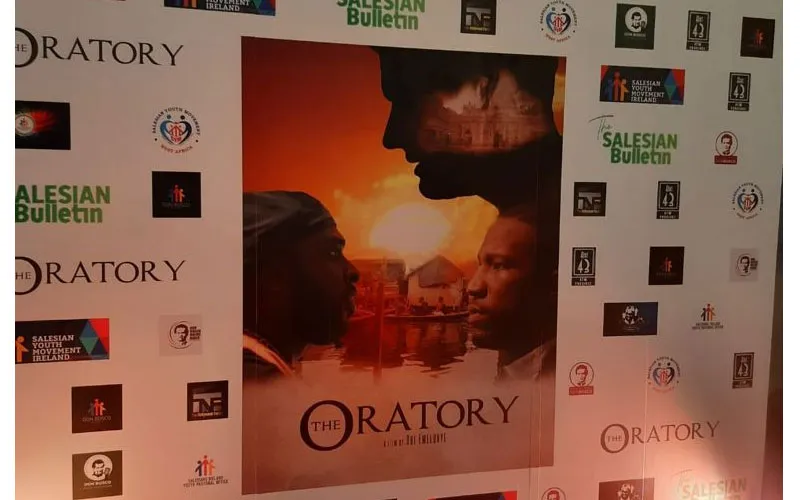 Credit: Fr. Cyril Odia, SDB/Dublin
Credit: Fr. Cyril Odia, SDB/Dublin
To create more awareness on the Catholic film, two premieres have been arranged on November 20 in Lagos and on November 27 in Abuja, Fr. Cyril tells ACI Africa, and adds that the film’s production company, headed by the movie Director, Obi Emelonye, is in ongoing conversations with distributors and partners who want to engage in the movie.
Further commenting on the envisaged impact of the Catholic-based film, Fr. Cyril notes that the film will be “a new platform for the mission, spiritual interpretation and vocation awareness” for members of SDB who are presently ministering in Africa.
He tells ACI Africa that the Italian and French subtitles of the movie have been completed and that others may follow in due course to facilitate the screening of the movie on the continent.
Agnes Aineah is a Kenyan journalist with a background in digital and newspaper reporting. She holds a Master of Arts in Digital Journalism from the Aga Khan University, Graduate School of Media and Communications and a Bachelor's Degree in Linguistics, Media and Communications from Kenya's Moi University. Agnes currently serves as a journalist for ACI Africa.
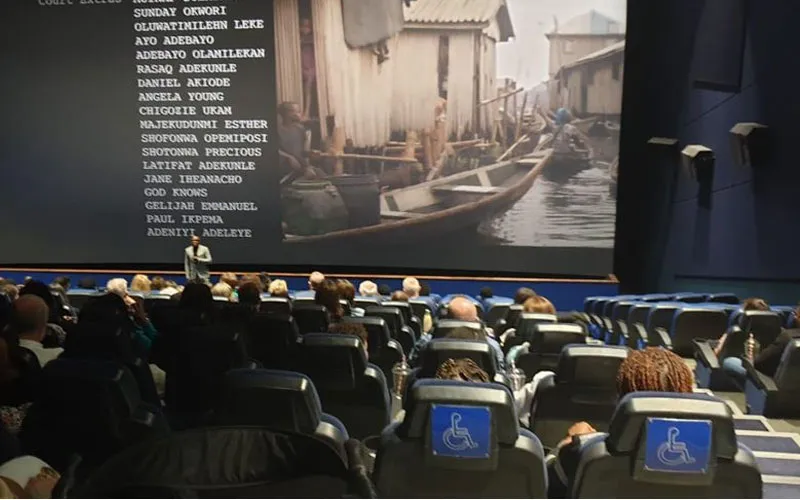 Credit: Fr. Cyril Odia, SDB/Dublin
Credit: Fr. Cyril Odia, SDB/Dublin


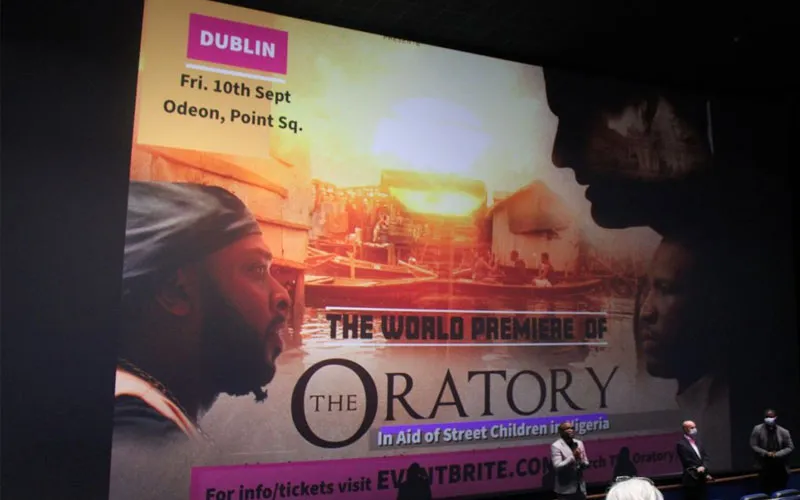
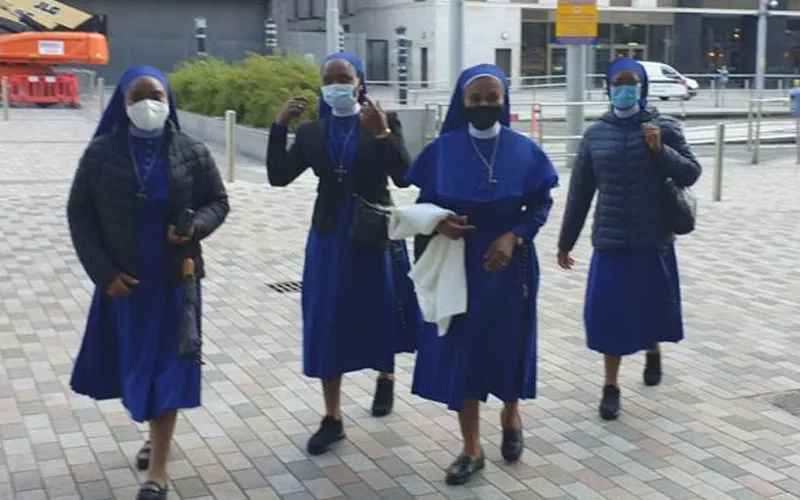 Credit: Fr. Cyril Odia, SDB/Dublin
Credit: Fr. Cyril Odia, SDB/Dublin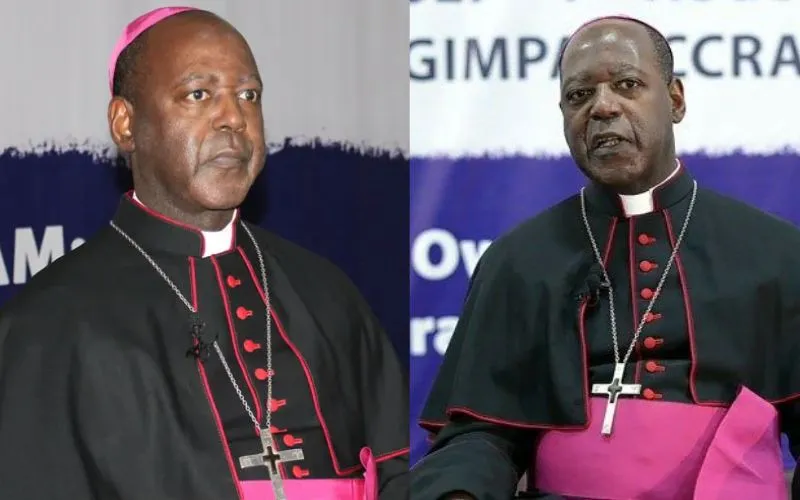
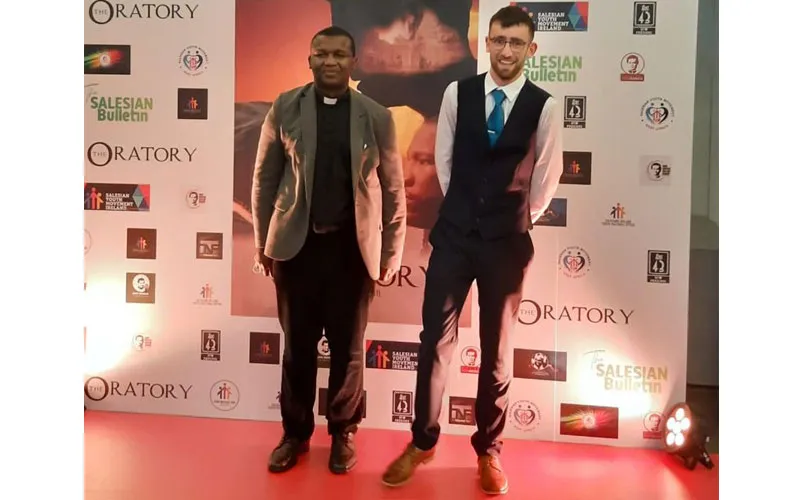 Credit: Fr. Cyril Odia, SDB/Dublin
Credit: Fr. Cyril Odia, SDB/Dublin
 Credit: Fr. Cyril Odia, SDB/Dublin
Credit: Fr. Cyril Odia, SDB/Dublin Credit: Fr. Cyril Odia, SDB/Dublin
Credit: Fr. Cyril Odia, SDB/Dublin Credit: Fr. Cyril Odia, SDB/Dublin
Credit: Fr. Cyril Odia, SDB/Dublin Credit: Fr. Cyril Odia, SDB/Dublin
Credit: Fr. Cyril Odia, SDB/Dublin


